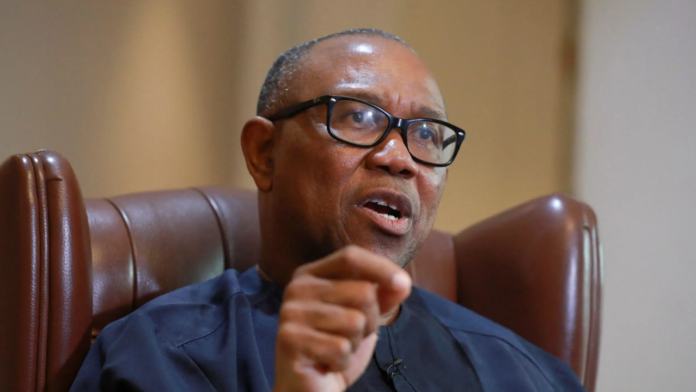Peter Obi, former presidential candidate of the Labour Party, has decried the dismal performance of candidates in the recently released results of the 2025 Unified Tertiary Matriculation Examination (UTME), calling it a reflection of Nigeria’s deep-rooted educational crisis.
According to the Joint Admissions and Matriculation Board (JAMB), a total of 1,955,069 candidates sat for the 2025 UTME. Alarmingly, only about 432,829 candidates, just over 22%, scored above 200 out of a total of 400 marks, leaving more than 1.5 million students below the threshold.
“This means that over 78% of the total candidates failed to meet the 200-mark threshold — a reflection of the deep-rooted challenges in our educational system,” Obi said in a statement reacting to the figures.
According to BusinessDay, he described the outcome as a consequence of “decades of underinvestment in education,” warning that unless urgent steps are taken, the situation could further undermine Nigeria’s national development aspirations.
“The latest JAMB results once again highlight the consequences of decades of underinvestment in education, a sector that should be central to our national development strategy,” Obi said.
Drawing comparisons with other countries, Obi noted that Nigeria’s total university enrollment stands at around 2 million students, a figure dwarfed by the enrollment in the National University of Bangladesh, which alone has over 3.4 million students, despite Bangladesh having only about 75% of Nigeria’s population.
“One university in Bangladesh surpasses the entire university enrollment in Nigeria,” he said.
He also pointed to Turkey’s higher education numbers, saying: “Turkey, with a population of about 87.7 million people, has over 7 million university students — more than three times Nigeria’s total university enrollment.”
Highlighting the broader implications, Obi emphasised that education should be seen not merely as a social service but as a strategic pillar for economic transformation and poverty reduction.
“I have consistently said it: education is not just a social service; it is a strategic investment. It is the most critical driver of national development and the most powerful tool for lifting people out of poverty,” he said.
“We must now invest aggressively in education — at all levels — if we are serious about building a prosperous, secure, and equitable Nigeria.”



